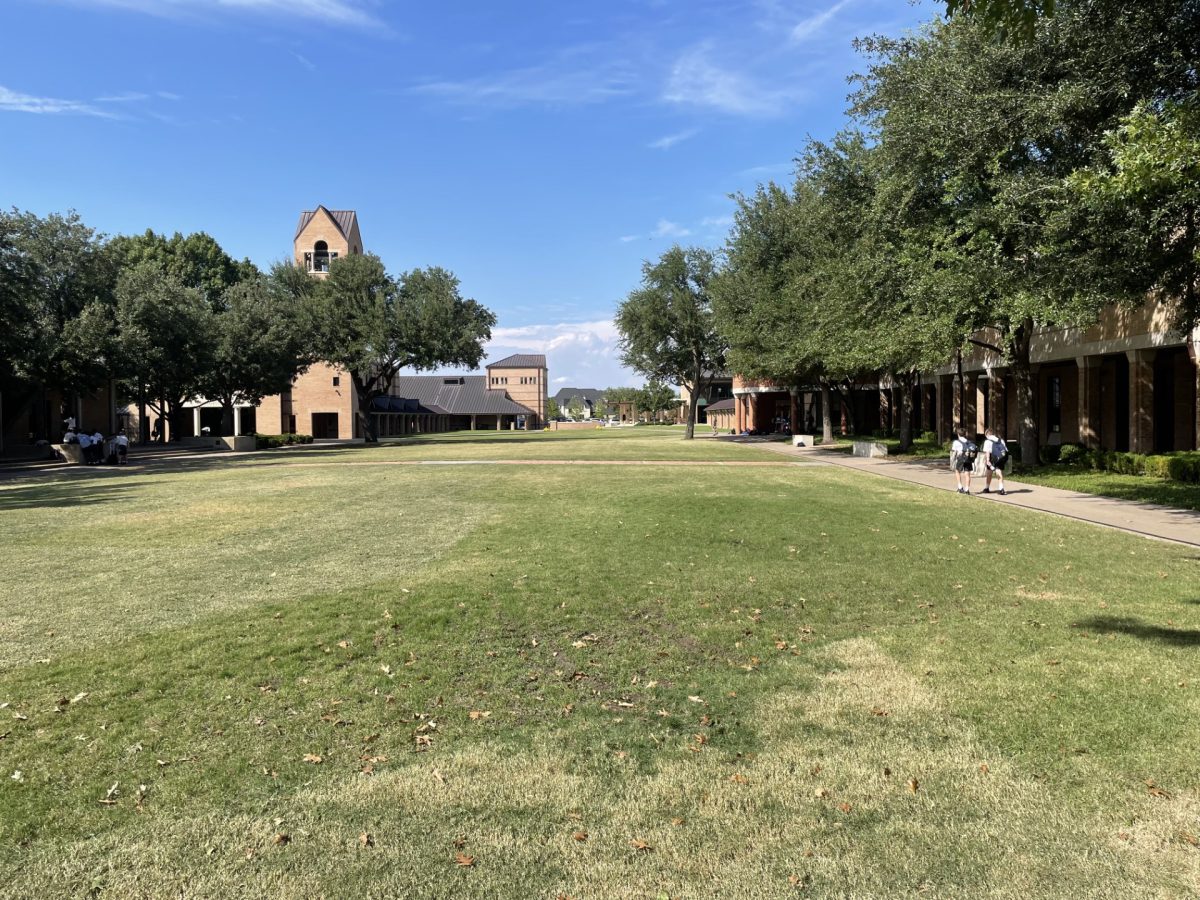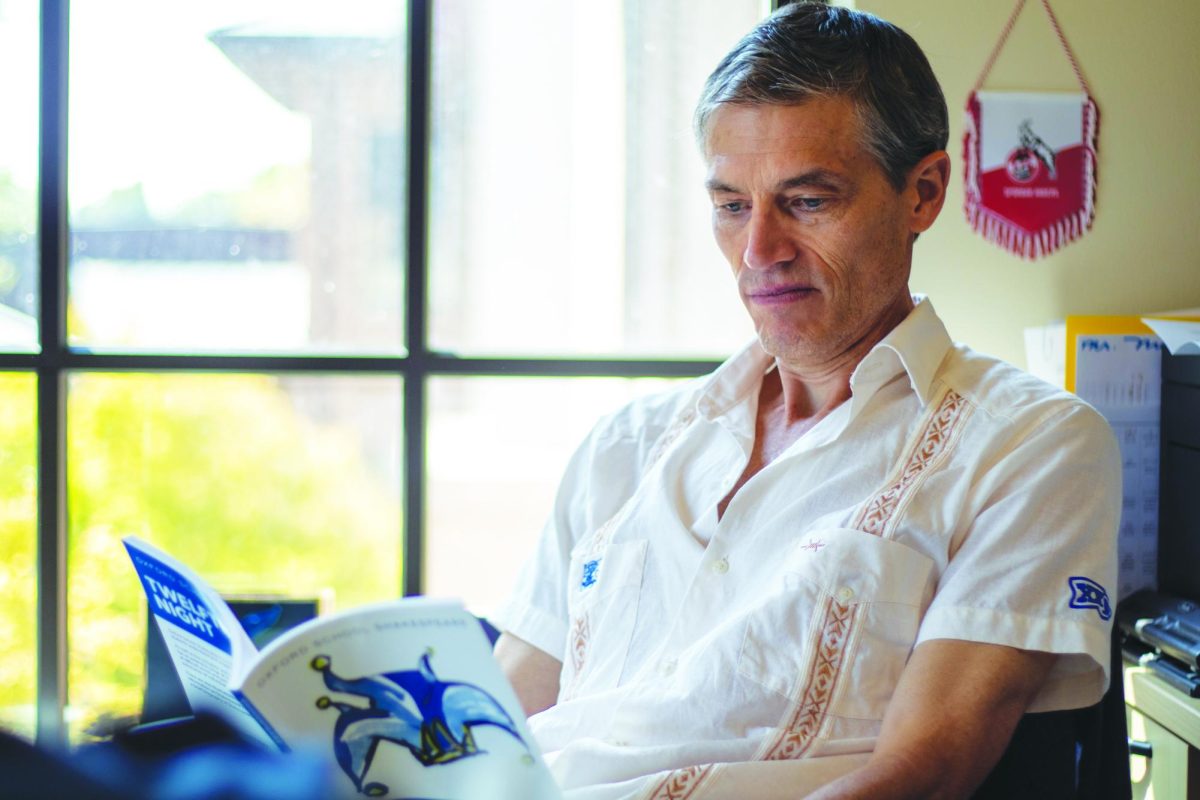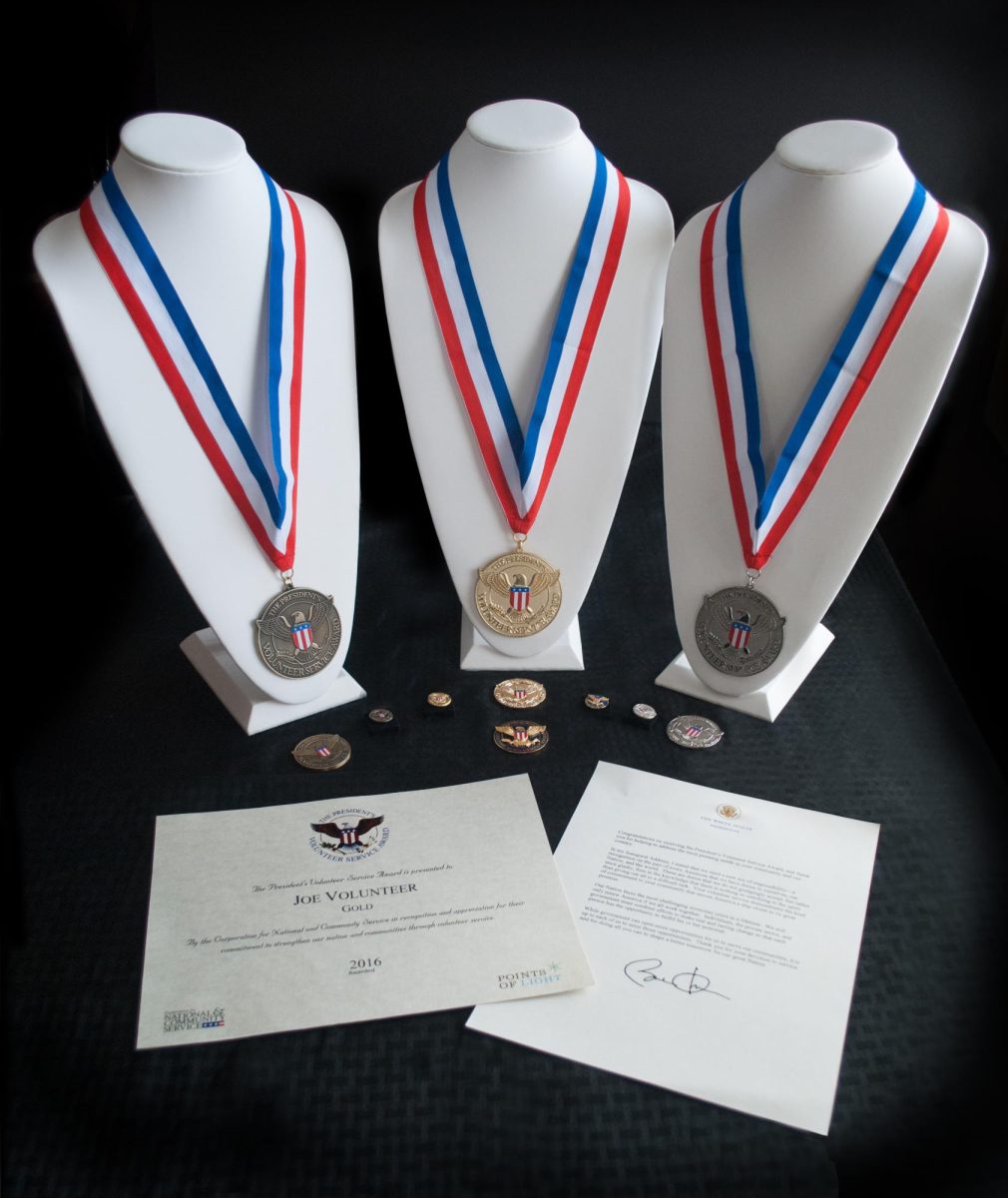When school started, the Quad was extremely wet – the dirt had turned into a slushy mud, and puddles were gathering in several areas. Despite this, there hadn’t been any rain since mid-July. So, what was the catch? Counterintuitively, the heat and dryness plays a major role in actually causing the water build-up as St. Mark’s tries to preserve the look of its campus.
“Anywhere would have the same trouble when you’ve got a lot of people on the grass, but you want it to look nice,” AP Environmental Science teacher Dan Northcut ’81 said. “It’s almost impossible to have both, and when the conditions get really bad, like this last month when it was so hot, it’s just even more impossible to have it nice and playable.”
The National Weather Service recorded no measurable rainfall between July 17 and Sept. 2, which encompassed the first two weeks of school and the prior month. This 48-day dry spell marks the eighth-longest in the DFW area’s history. Despite it being a record, it’s not unusual anymore. In fact, an even longer 67-day dry streak occurred last year.
“The trends are going to get worse because of climate change,” Northcut said. “Our top 20 hottest years on record are all since 2000.”
This extreme heat impedes the soil’s ability to absorb water, leaving puddles on the surface from irrigation. That said, the best window to water the Quad are at night or in the early morning, which are the rare moments when Marksmen aren’t on it.
“Dallas’ water department has water restrictions in place,” Director of the Physical Plant Mark Webb said. “When watering takes place we cycle and soak. This will contribute to puddling in areas that are low.”
As St. Mark’s deals with issues of heat and drought with respect to campus grounds, the school also has to consider its use of water as it becomes increasingly scarce and expensive.
To address the problem, the school is currently upgrading the irrigation system campus-wide, but there is still room for improvement.
“One thing I would love to see the school do is rainwater harvesting, which we could do because we’ve got the right roofs for it,” Northcut said.
Rainwater harvesting would make St. Mark’s less dependent on outside sources, although it may ultimately be limited by restrictions enacted by the city.
Weather and climate increasingly affect our campus, as illustrated by the Quad dilemma, making it a priority that the school stays ready to tackle these issues in the future.








